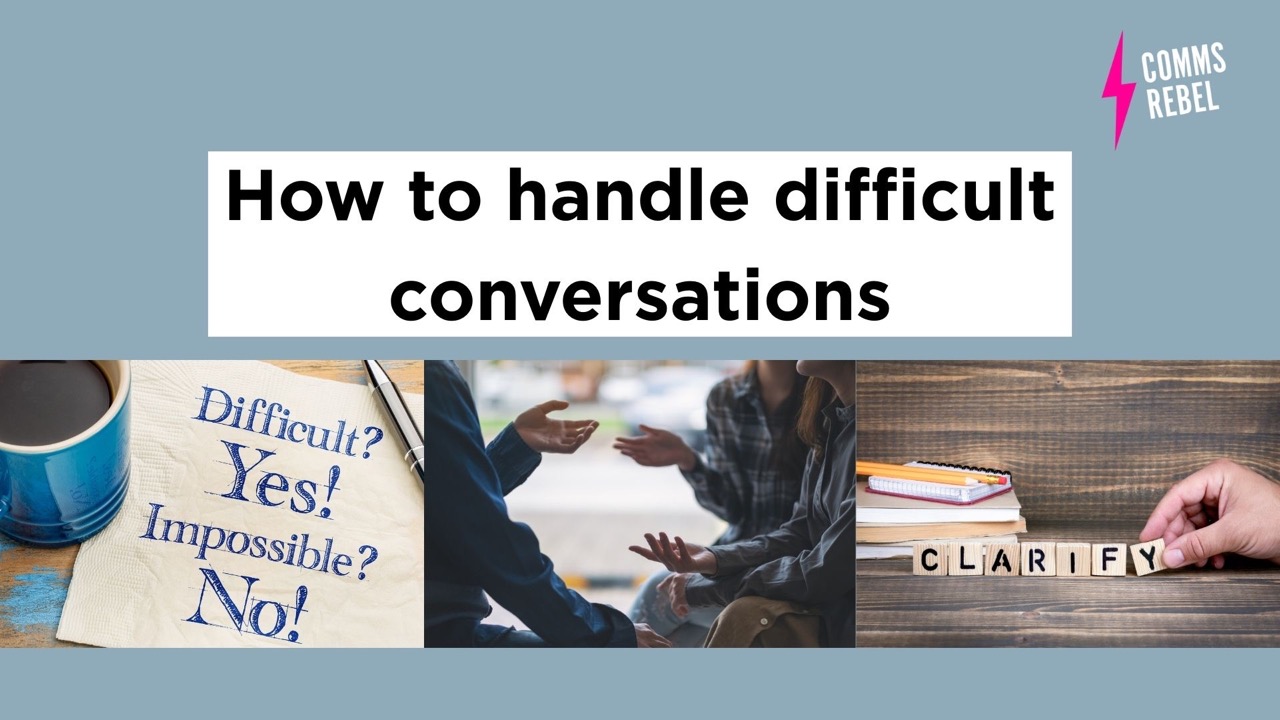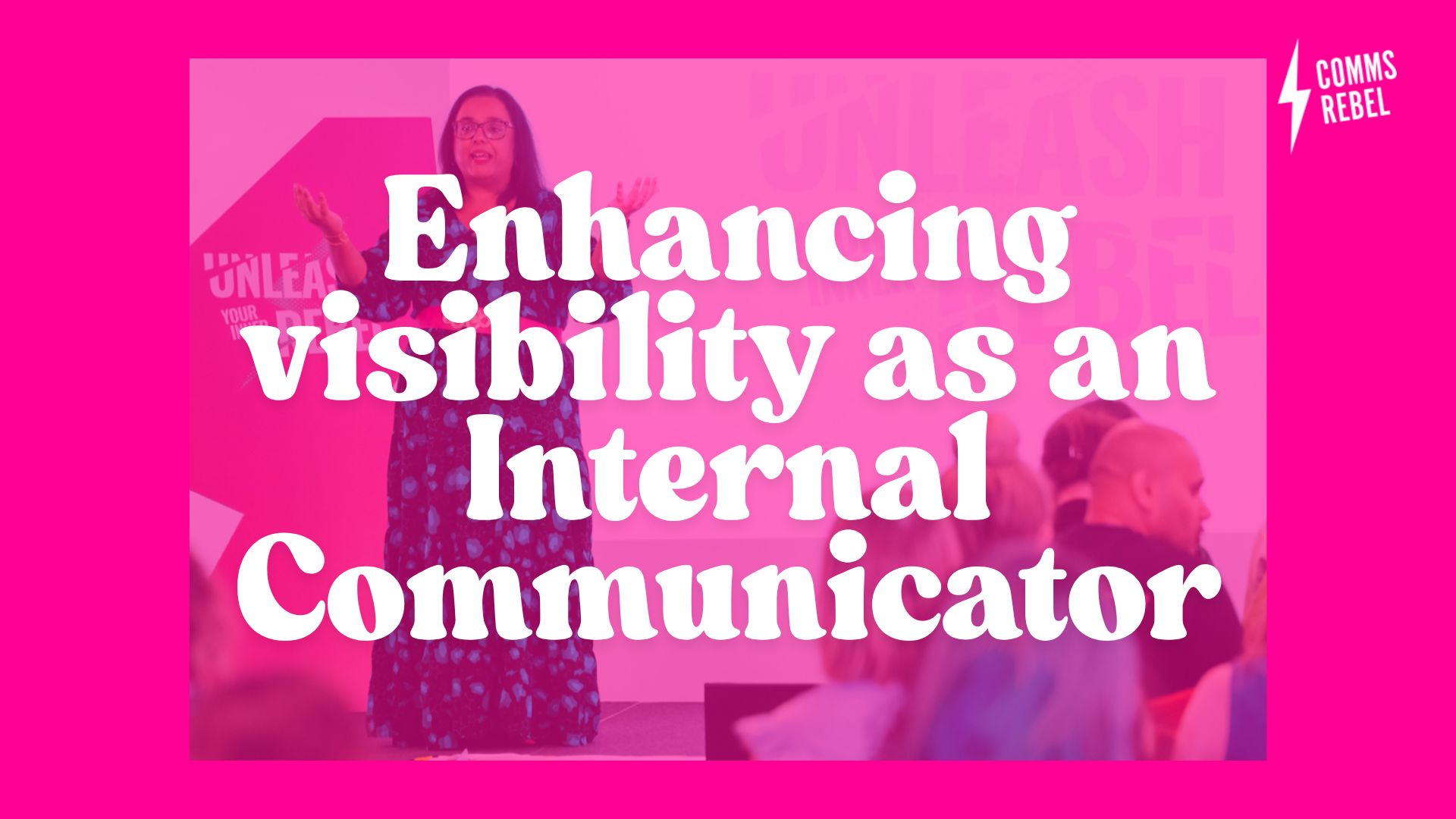Data Driven Insights Improve Representation at Pixar
It was around a decade ago that I started to become aware of gender inequality at my church. I probably would have noticed a lot sooner if I’d been born Gen Z rather than Millennial!
I was starting to get involved in leading the Comms team and one of my first assignments was to transform the ‘Family News’ (essentially the notices). At the time the Family News was presented by the homogenous, White, 40+, male, senior leadership team.
I didn’t have access to data but it was plain to see that our largely middle class church was certainly not 100% male, White or over 40.
Once I’d started paying attention, I couldn’t help but see inequality and under-representation. It seemed to be everywhere and it was uncomfortable. In the context of my church role, I had power to make a purposeful change.
‘Inside Pixar’ (available on Disney Plus or Apple TV) is a series of short documentaries putting the spotlight on a Pixar employee you’ve probably never heard of. It’s a fascinating look behind the scenes but one particular episode stood out to me.
In episode four, we are introduced to Jessica Heidt, a Script Supervisor. Jessica noticed that women were vastly under-represented in Pixar films and once she saw the problem, she couldn’t unsee it.
‘In the very first script [Cars 3] I found that it was 90% male, for both lines and characters. I showed the data that I came up with to.. anyone that I thought had power over making a change.. I wanted it to be as unemotional as possible and just present the data and the facts and just thought that maybe if people saw what the problem was, that they would have a similar reaction to what I had which was ‘Oh, this is something that we should change.’ Once we had pitched it to the executives it became something that they began to expect at every milestone so it got integrated into our movies.’
Data often gets labelled as ‘dull’, but Jessica, with access to every line of a Pixar film script, had uncovered some pretty juicy data. Her work highlights the role data-driven insights can have in bringing about systemic change in our workplaces.
Here are three things I think we can learn from Jessica’s work at Pixar:
‘If you’re faced with a problem that seems bigger than you are and you don’t know what to do with it, take a step back and think about what specific tools you have that nobody else has that maybe you can address it that way and I also think just go ahead and do it, you gotta be fearless.’
The Problem
Generally I wouldn’t advise going fishing for problems but when it comes to inequality, we’re only going to see change when we open our eyes to the issues (which are often hidden in plain sight).
- What issues of under-representation are you aware of in your organisation? Can they be backed up by quantitative or qualitative data?
- Do you know the demographic makeup of your employees? Can you map your outputs against these? For eg. Your employees are 63% female, 35% male, 2% non-binary, can you measure your communications outputs against these numbers based on; the number of contributors, visual representation, story-telling etc?
- Are you regularly asking for feedback from your employees to find out how your organisation is doing at representation? How can you create space for feedback if it doesn’t already exist?
The Power
Jessica’s ‘power’ was access to the data that was right in front of her and using that to propel a purposeful change. She was also able to take the work further when she collaborated with a software expert from Pixar. Together, they developed Jessica’s data into a tool that could provide insights in every film.
She presented her case to ‘anyone who had power over making a change’.
- How can you engage the people with power to make a change in your organisation?
- How can you present your data to tell a story? Jessica compared her data on gender representation in Pixar films against their employee gender data and global gender data. The huge disparity meant she didn’t need to do a lot of explaining to create an emotional response.
- Who can you collaborate with to take your thinking/solutions to the next level?
- What specific tools do you have unique access to in your role that can create power for change?
The Purpose
Jessica successfully used her influence to create power for change. One 13 minute episode of Inside Pixar is not going to do justice to the amount of work, dedication and tears that probably went into Jessica’s project. But I can’t help thinking of the huge ramifications of this seemingly simple piece of work. There will be a significant increase in the number of women and girls who, as a result of Jessica’s work, find Pixar’s films more relatable. In Jessica’s own words:
‘Representation matters because I think it’s important that even if it’s a fish, or a toy, or a car, that people are able to see themselves or something that they believe represents themselves on screen.’
Simon Sinek would most likely be asking us to start with ‘The Purpose’ because it’s really about asking the ‘why’ question.
- Why is this work important?
- Does your organisation have equity, diversity & inclusion (EDI) objectives that you can support? If not, can you use your power to create awareness of this?
- In ten years’ time, how could your project have created change in your organisation, the world or even just one person’s life?
During my time as Comms Team Leader, the Family News team went from being 100% White, male, over 40 to being 64% women, 64% under 40 and 27% from a Black or Asian background. This was much more representative of the congregation. Feedback highlighted that the congregation felt a greater sense of enjoyment and engagement with the Family News as a result.
Improving representation is by no means a silver bullet within the EDI space but it is an essential driver of belonging and inclusion and a good place to start.
Let’s use the uncomfortable truths we observe and the tools at our disposal to create purposeful change in our organisations, the world, perhaps even if just for one person.
Because representation matters.
Carly Cook is an associate consultant for CommsRebel


